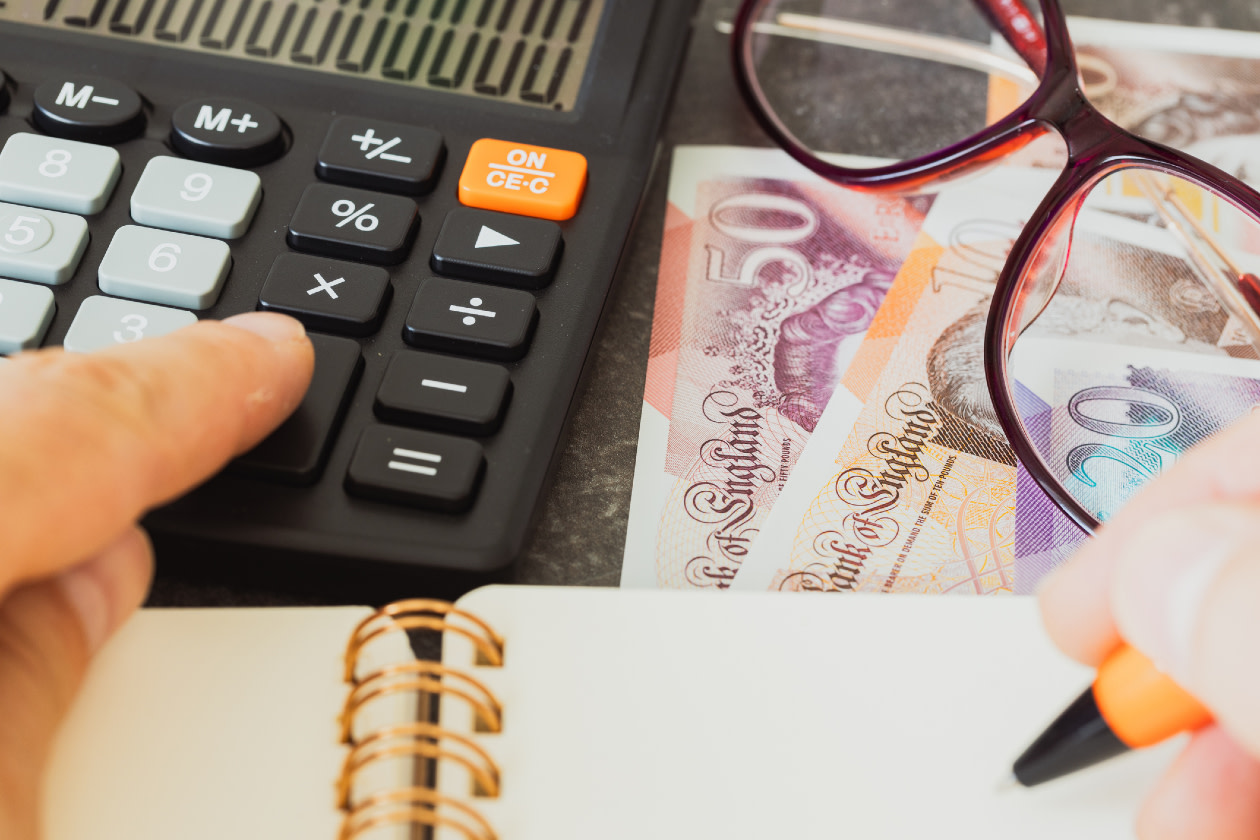Fiscal drag has hauled an estimated six million more people into paying income tax, and an estimated three million more into paying higher or additional-rate tax.
We’re expecting to have to hand over an extra £89bn in income tax this year – compared to 2021/22 – as a result.
It’s had a significant impact on the tax we pay on our earnings, but that’s not the end of it, because it also takes a huge chunk out of our savings and investments.
It reveals just how much damage is being done to our finances by this stealth tax – and there’s plenty more to come.
How is it affecting your savings?
Crossing a tax threshold can take a horrible toll on your savings.
Through the personal savings allowance, basic-rate taxpayers can make £1,000 on their savings without paying tax, for higher-rate taxpayers it’s £500, and additional-rate taxpayers pay tax from the first penny of interest.
It means moving into a higher tax band sees your personal savings allowance halve or disappear overnight.
As a result of these frozen thresholds, higher savings rates have pushed more people into paying income tax on their savings, and this year we’re expected to pay over £6bn – up over £4.5bn since 2021/22.
How is it affecting your investments?
Investments have been hit too, because we also pay higher rates on dividends as we cross into higher tax bands.
This adds insult to the injury of allowances having been slashed from £2,000 to £500 between April 2022 and April 2024 – and the rates being raised in April 2022.
It means the dividend tax take is expected to have risen to over £18.5bn – up almost £4bn since 2021/22.
This article isn’t personal advice. If you're not sure if a course of action is right for you, ask for financial advice. Remember, all investments and any income from them can rise and fall in value, so you could get back less than you invest.
ISA, pension and tax rules can change, and benefits depend on your circumstances. Tax rates and bands are different for Scottish taxpayers, although rest of UK rates are used for savings and dividend income and determining your personal savings allowance. Remember, you can't usually access money in a pension until you're 55 (rising to 57 in 2028).
What can you do? – 5 ways to cut your tax bill in 2025
ISAs
Each tax year you get an ISA allowance. This tax year the government is offering the chance to squirrel away up to £20,000 – completely free of UK income and capital gains tax.
Investing through a Stocks and Shares ISA means you won’t have to pay UK income (including on dividends) or capital gains tax on those investments, while saving through a Cash ISA will also shelter you from UK income tax.
If you’re saving to buy a first property, are aged between 18-39, and have at least a year until you expect to buy, you could consider putting up to £4,000 a year into a Lifetime ISA.
That’s because in addition to tax-free growth, you get a 25% bonus on what you put in, up to a maximum of £1,000.
Just remember, any withdrawals that aren’t for a qualifying first home purchase or after age 60, are usually subject to a 25% penalty, meaning you could get back less than you put in.
Don’t forget Junior ISAs (JISAs) too. In the current tax year, you can save or invest up to £9,000 in a JISA for any qualifying child, and all interest, dividends and growth are free of UK income and capital gains tax.
Pensions
You can pay up to £60,000 into a pension (or up to 100% of your earnings if lower), like the Self-Invested Personal Pension (SIPP), in the current tax year.
You can get tax relief at your highest marginal rate when you pay into a pension, and the first 25% taken from the pension is usually tax-free.
Even if you’re a non-earner, you can get tax relief on the first £3,600 a year.
It means you can contribute tax-efficiently to a pension on behalf of a child or a non-earning partner.
If you can afford to put more money away for the long term, it’s a great way to cut your tax bill – as well as securing the income you need in retirement.
Salary sacrifice
In some cases, the government will allow your employer to let you give up a portion of your salary, and spend it on certain things free of tax. This can include pensions, childcare vouchers and bike-to-work schemes.
Where employers offer to put their National Insurance saving into the scheme, the hike in employers’ National Insurance will make this an even more attractive option.
It won’t boost your take-home pay, but will cut your tax bill, and make your money go further.
Spouse exemptions
If you’ve already used your ISA allowance and have assets that produce an income – like shares paying dividends or a property – married people should think about how they hold them.
They can be passed between spouses (or civil partners) without triggering a tax bill. They can therefore be shared between a couple, so that both can take advantage of their ISA allowances, and both take an income up to a threshold. The balance can be held by the spouse paying the lower rate of tax, to help reduce how much tax you have to pay as a couple.
Marriage allowance
Married couples and civil partners can transfer some of their income tax personal allowance to their spouse.
If you earn less than the £12,570 personal allowance and your spouse is a basic-rate taxpayer, you can gift £1,260 of your allowance. This could save them 20% tax on that £1,260 – a potential saving of up to £252.
Better still, you can backdate this saving four tax years, so they could keep even more in their pocket.


